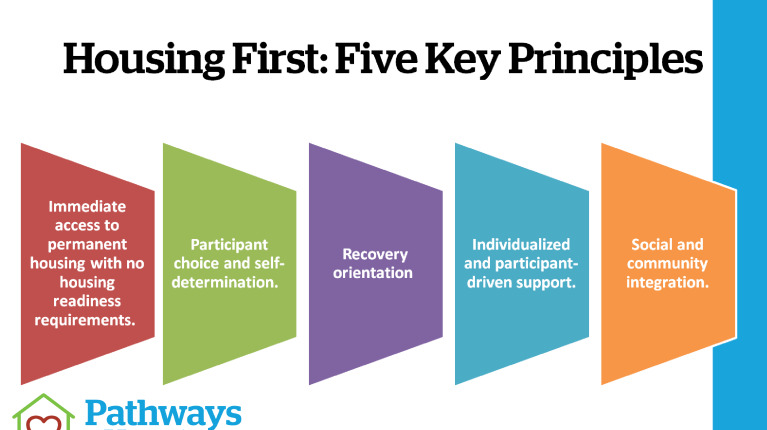There's no denying that the problem has gotten far worse with time. Whatever we are doing is not only NOT working, it is making the problem worse over time.
Maybe bring back Bumfights?
Dana White could run it.
Kidding. J/K. I kid.
I have tried to help some people on an individual basis. I failed. It is true that there are some people that prefer to live on the streets. Believe it or not. I arraigned free housing for a couple of people. I hired a couple of people for odd jobs for cash. The catch was no drugs, no prostitution, no alcohol. Housing set aside for the purpose of helping the homeless goes unoccupied because no one can/will get sober.
I really think hard drugs and mental illness are major contributors. That and an inferior educational system.
Maybe bring back Bumfights?
Dana White could run it.
Kidding. J/K. I kid.
I have tried to help some people on an individual basis. I failed. It is true that there are some people that prefer to live on the streets. Believe it or not. I arraigned free housing for a couple of people. I hired a couple of people for odd jobs for cash. The catch was no drugs, no prostitution, no alcohol. Housing set aside for the purpose of helping the homeless goes unoccupied because no one can/will get sober.
I really think hard drugs and mental illness are major contributors. That and an inferior educational system.







